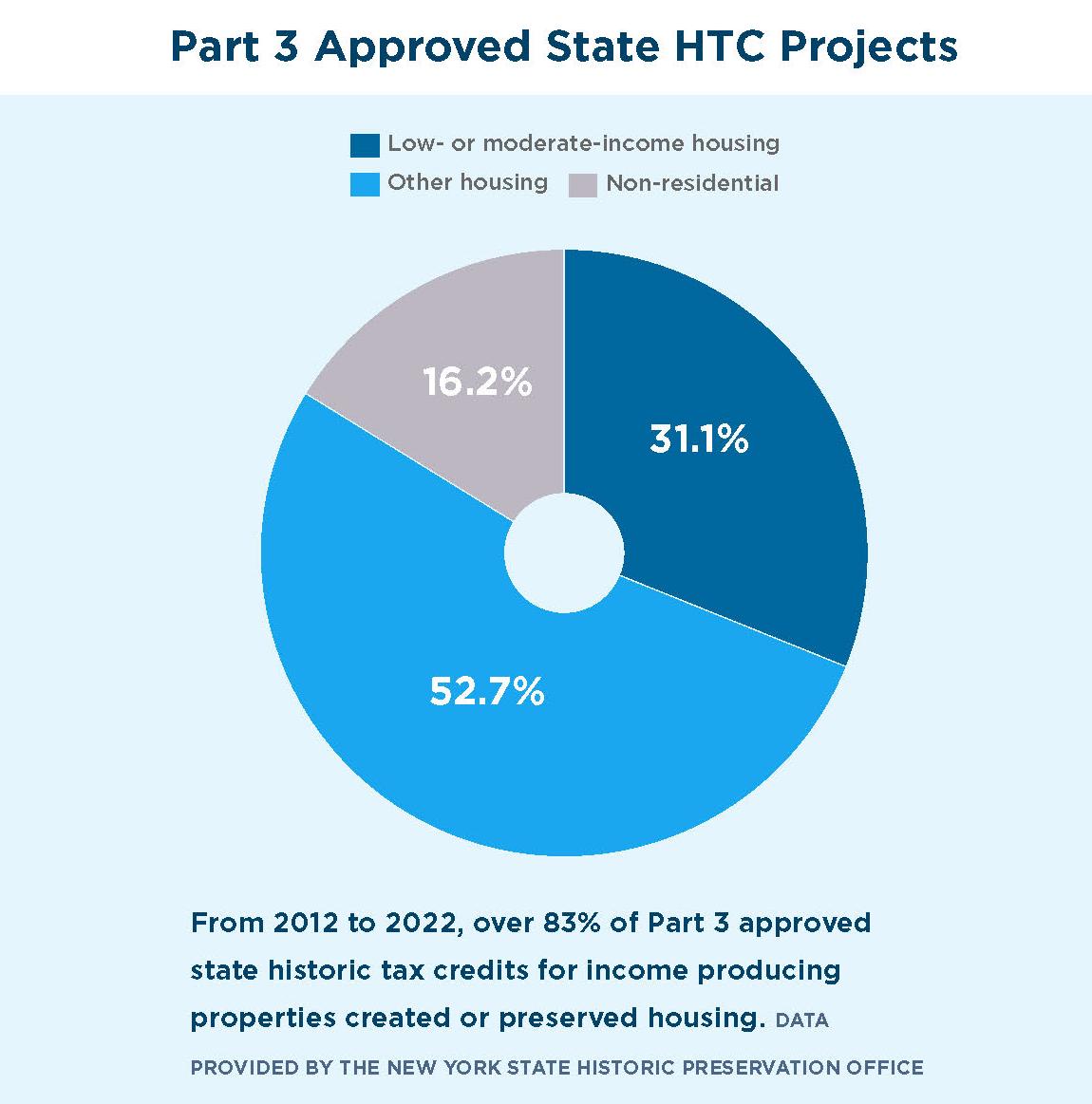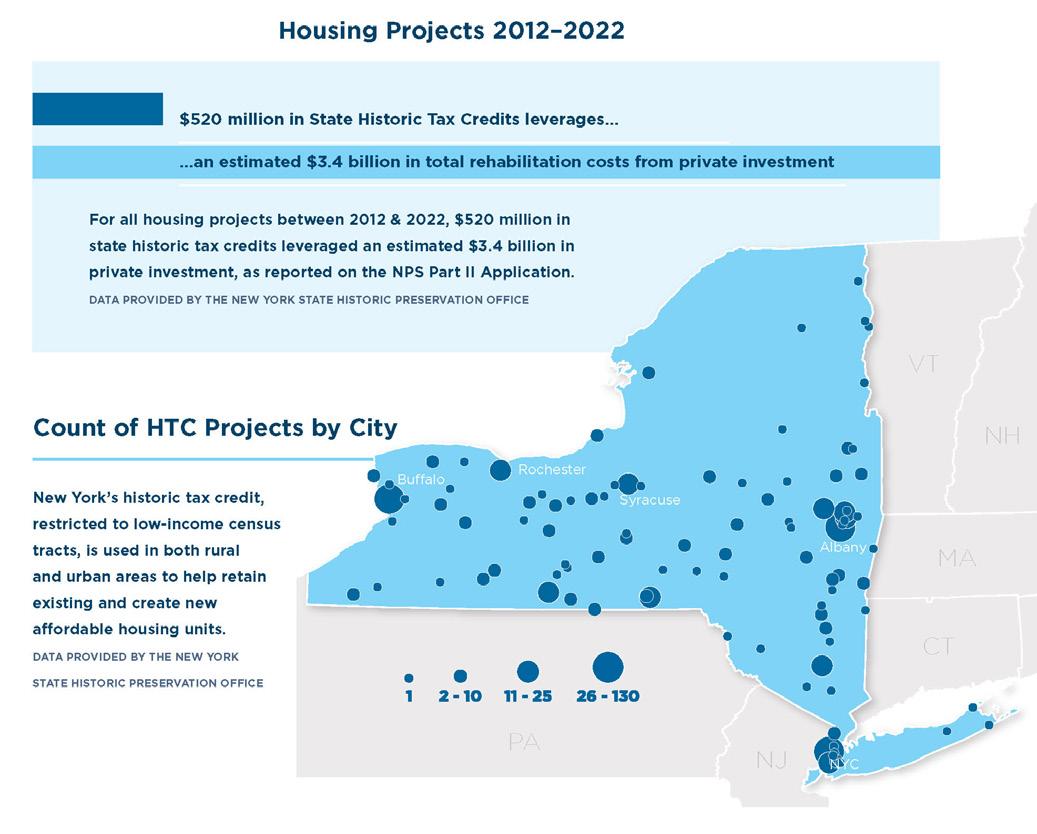
4 minute read
A Banner Year For AIANYS Policy Victories
Regulatory Achievements
ARE® English as a Second Language (ESL) Accommodations
In June of 2022, the National Council of Architectural Registration Boards (NCARB) announced its intent to provide two optional accommodations targeted to assist English as a second language (ESL) candidates seeking to take the Architect Registration Examination (ARE®). These accommodations include: attracting talent from every corner of the globe. The failure to adopt these ESL accommodations would impair efforts to diversify and expand the profession, exacerbate economic and social inequalities, open the profession up to claims of facilitating barriers to the labor market, and make New York less competitive relative to other U.S. jurisdictions.
2023
by the Numbers
20% additional time on the exam
The use of a printed word-for-word translation dictionary.
Post-announcement, NCARB informed AIANYS that New York was the only U.S. jurisdiction where these accommodations would be prohibited based on an English proficiency regulation applicable to the licensed professions under the purview of the State Education Department (SED).
New York’s prohibition of these ESL accommodations presented an obvious disadvantage for eligible candidates relative to other jurisdictions, at a time when the state identified 10% of students as English as a second language learners. Further, the implications for license reciprocity/endorsement were profound. For instance, if an ARE® candidate opted to use the ESL accommodation to take the exam in another jurisdiction, New York would not accept the test scores due to the use of the accommodation, and the candidate would have to retake the exam without the accommodation to become licensed in New York.
Why did this pose such a threat? According to NYSED’s Office of the Professions statistics, of architectural licenses in New York are held by architects living in another U.S. jurisdiction or outside the country. 44%
The number of domestic, out-of-state, and foreign architectural licensees helps bolster design capacity in New York and is the reason it is rapidly gaining on California as the state with the most registered architects in the country. New York is home to some of the most successful architectural firms in the world,
To meet this challenge, AIANYS embarked on a campaign to highlight the importance of the ESL accommodations to the future of the profession. Over the course of nine months, AIANYS leveraged data gathered from NCARB and recruited first and second-generation architects to appeal to the Board of Regents and SED leadership. These efforts ultimately paid dividends, as AIANYS was informed in April that the Board of Regents would be considering an emergency regulation to authorize the use of the ESL accommodations for ARE® candidates.
On May 16, the NYS Board of Regents approved an emergency regulation to authorize the use of the ESL accommodations for ARE® candidates. This monumental action by the Board of Regents not only secured a victory for the architectural profession, it provoked genuine acclaim from some of the Regents, who commended the profession for its drive to enhance diversity and expressed hope that other professions would follow in its path. The glowing statements made by the Board of Regents are a testament to the hard work, dedication, and motivation of members to pursue change for the betterment of all.
The emergency regulation is temporary, and it will be incumbent upon the Board of Regents to renew the regulation in July. If the emergency regulation is extended as expected, the Board will vote on a permanent regulation in September. AIANYS will be providing comments during the public comment period and encourage members to add their voice by e-mailing SED at REGCOMMENTS@nysed.gov.
In February of 2023, NCARB announced it was retiring the ARE® rolling clock policy and replacing it with a new score validity policy, effective May 1, 2023. Under this new policy, passed ARE® divisions from both the current and prior versions of the exam will become valid. The change in policy will reinstate the validity of all passed ARE® 4.0 divisions taken between 2008 and 2018. For current ARE® candidates, the validity of the 5.0 divisions will be extended through the next iteration of the exam, effectively extending their score validity for at least 10 years.
Unfortunately, 14 U.S. jurisdictions have statutory or regulatory impediments preventing the implementation of the transition to the score validity policy—New York being one. Already locked in negotiations over the ESL accommodations, AIANYS was aided
Historic Tax Credit Extension
by the AIA Stop the Clock Campaign, which generated numerous e-mails to the New York State Education Department (SED) in support of the policy change. Advocacy at the national level, combined with AIANYS efforts on ESL accommodations, set the stage for the package of emergency regulations proposed by SED.

The NYS Board of Regents approval of both the ESL accommodations and the new score validity policy propelled New York to the position as the first state in the country to overcome the statutory and regulatory hurdles preventing adoption. Faced with two major and unprecedented regulatory challenges, AIANYS and its members rose to meet these challenges and effect positive change. ARE® candidates in New York will now be able to take advantage of the ESL accommodations, seize the opportunity to restore past test scores, and continue their path to licensure.
Analogous to the emergency regulation for the ESL accommodations, the adoption of the score validity policy is a temporary regulatory solution. We encourage members to voice their support for making the regulation permanent by contacting SED at REGCOMMENTS@nysed.gov.
AIANYS joined with the Preservation League of New York State to support a long-term extension of the State Historic Preservation Tax credit. While the original goal was an extension to 2032, an extension to January 1, 2030, was included in the final 2023-24 State budget. A six-year extension of the credit will help provide developers with a sense of continuity and encourage investments to preserve and repurpose the state’s historic treasures.





